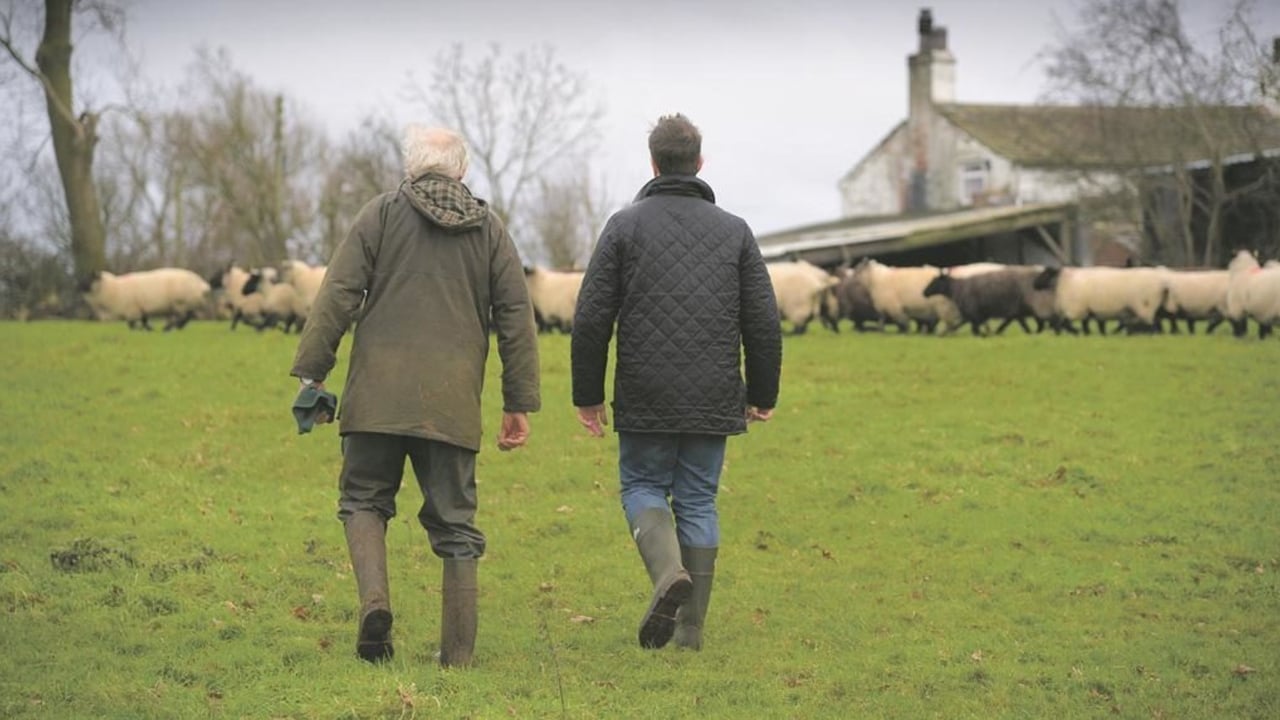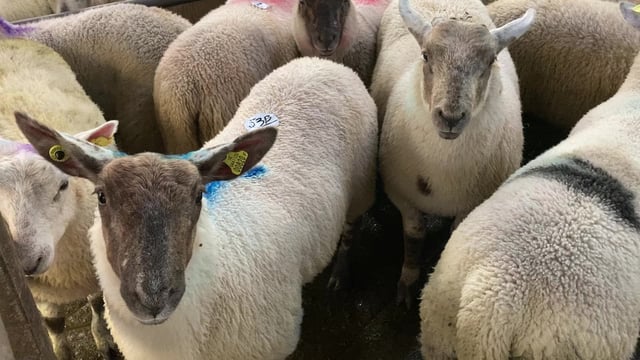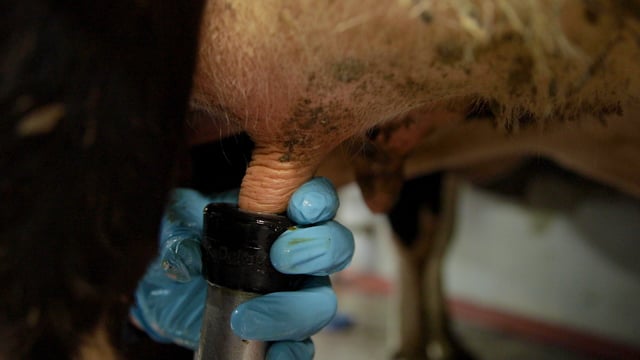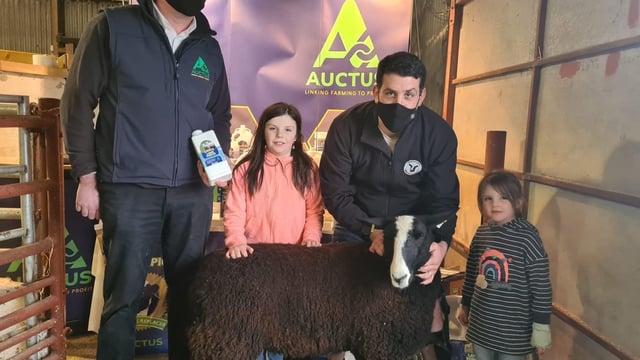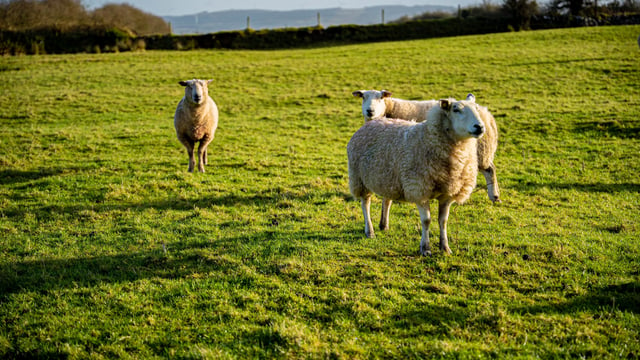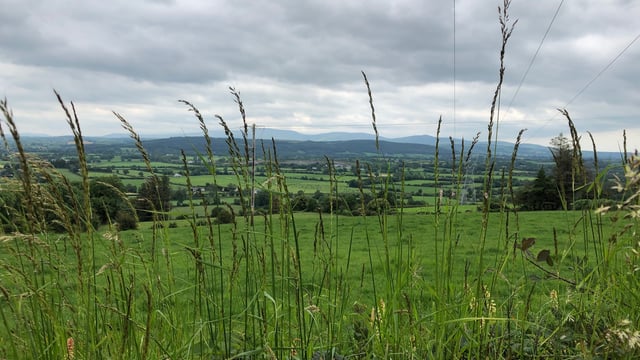DAFM funding for Land Mobility Service to increase to €100k for 2022
Minister for Agriculture, Food and Marine Charlie McConalogue has announced a 100% increase in his department's funding for the Land Mobility Service for next year.
Speaking via Zoom at a Macra na Feirme conference today (Friday, November 26), the minister confirmed that the department's funding for the service will increase to €100,000 for 2022.
The department has provided annual funding to the service of €50,000 and this has remained unchanged since its inception.
The service matches young farmers and older farmers wanting to create collaborative farming arrangements.
“The Land Mobility Service has been one of the great success stories of agricultural policy over the past few years. I am a firm believer in using all the tools at our availability to leverage generational renewal," the minister said.
Responding to the announcement, Macra na Feirme national president John Keane said: "This funding recognises the continued role that a Land Mobility Service can actively play in generational renewal.
"We look forward to the proposed engagement with the department and Teagasc on the future of the Land Mobility Service, and to continuing our engagement with the department about the role that the service can play in the context of supporting the achievement of objectives of generational renewal within the future CAP."
Commenting on recent announcements relating to CAP, Minister McConalogue noted:
"I am ensuring that the National Reserve will remain open for young farmers too. The higher rate of 60% for young, trained farmers under TAMS will also be in place.
"I have also proposed to lift the TAMS investment ceiling from €80,000 to €90,000 in order to support farmers to make investments on their farms in light of rising costs. I have a review into TAMS costings ongoing which I expect will be completed shortly.”
Three traditional roadblocks
The conference also heard from Diana Lenzi, president of CEJA, the European Council of Young Farmers that represents over two million young farmers across Europe.
Lenzi outlined some of the common challenges facing all young European farmers.
“There are three traditional roadblocks for young farmers: access to land, credit and knowledge and skills," she said.
In response to a question about the challenges facing young women entering agriculture, Lenzi added: “It is important to speak up and be the voice of our own interests.
"We often hear a lot of policymakers speaking about young female farmers, but they are doing it without the knowledge of the challenges facing young female farmers.
"Young female farmers want to have the tools to address the barriers facing young women entering agriculture.”
Not to be afraid to talk to their bank
Meanwhile, Eoin Lowry, head of agri with Bank of Ireland advised that “with greater investment on farms, we can improve the climate footprint of our farms".
"We would encourage young farmers to not be afraid to talk to their bank early, along with having their accountant on board with their future plans.”
Declan McEvoy, head of tax with Ifac, cautioned that young farmers need to have a business plan that looks at the improvements and financing that is required to ensure the sustainability and viability of family farmers.
“Unless a farm is invested in annually, it will stagnate. That is the same for any business," he said.
"One of the single biggest barriers at the moment is access to land and the cost of land. With the complexities of running farm enterprises today, it is important that young farmers engage with their accountant early regarding their plans.”
A plan in the head is not a plan
In regards to succession, McEvoy said that a "plan in the head is not a plan".
"Communication is critical five to 10 years out from when the older farmer has a desired step-back," he continued.
"While the asset may be valuable, in most cases, the young farmer in a succession plan is only making a living and not a fortune; which is often forgotten in family discussions.
"Communication and the lack of open discussion is probably the single biggest barrier to successful farm succession.”

